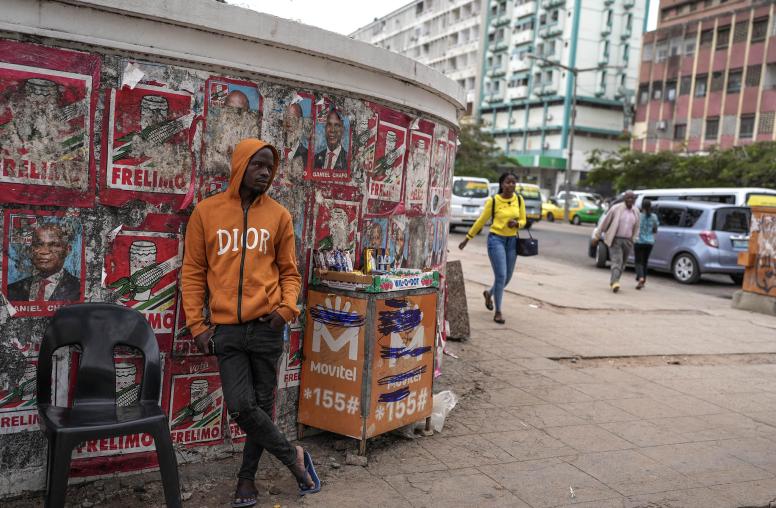 Mozambique
Mozambique
In 1964, the Front for the Liberation of Mozambique (FRELIMO) initiated an 11-year war for independence from Portugal — ultimately gaining independence in 1975 — that was quickly followed by a 15-year civil war between FRELIMO and the anti-communist Mozambican National Resistance (RENAMO). Though marked by mass human rights violations from both sides, the war ultimately led to a democracy in 1992 that has held up against subsequent smaller-scale insurgencies mounted by RENAMO and, more recently, from religiously affiliated non-state actors. Since 2018, the U.S. Institute of Peace has worked with officials and the private sector to inform options for durable peace and security by providing research on natural resources and critical minerals while addressing the impact of non-state armed groups and terrorism.
Featured Research & Analysis

Amid Mozambique’s Spiraling Crisis, What Role Can the U.S. Play?
Since its October general election, Mozambique has been experiencing spiraling, deadly political violence. Many Mozambicans, including the leading opposition candidate, saw the victory of the ruling Frelimo party as fraudulent. Frustration with decades of single-party dominance is mounting. Today, some Mozambicans are looking to international help to save their country, one of the poorest in the world, from a possible return to war. Time is of the essence for such diplomatic intervention. Given that few African countries receive as large a U.S. development commitment as Mozambique, the spotlight is on the United States.

Thomas Sheehy on Mozambique’s Post-election Upheaval
While the “very volatile situation” in Mozambique is nominally in response to October’s presidential election, “it’s been several years in the making,” says USIP’s Thomas Sheehy, adding “what we’re seeing [there] is what we’re seeing elsewhere in Africa … a dissatisfaction with the ruling party.”

What’s the State of Play on the Global Fragility Act?
The White House’s recent release of 10-year stabilization and conflict prevention plans marks another milestone in U.S. efforts to implement the closely watched Global Fragility Act (GFA). The legislation received bipartisan support in the U.S. Congress before being signed into law by then President Donald Trump in 2019. It requires the U.S. government to develop a strategy for preventing the drivers of violent conflict and extremism, and to test a more coordinated, cost-effective and sustained U.S. approach in hot spots around the world.